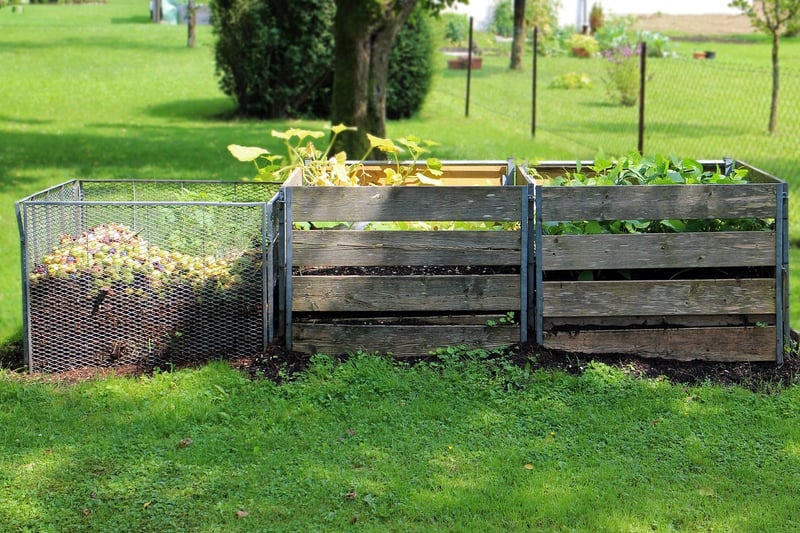Composting Tips
Composting Tips and Tools: A Guide to Sustainable Gardening
Composting is a fantastic way to reduce waste, improve soil health, and promote sustainable gardening practices. Whether you're a seasoned gardener or just starting out, here are some essential tips and tools to help you make the most of your composting efforts.
The Benefits of Composting
Composting offers a range of benefits for both your garden and the environment. Some of the key advantages include:
- Reduces waste sent to landfills
- Enriches soil with essential nutrients
- Helps retain moisture in the soil
- Reduces the need for chemical fertilizers
- Promotes healthy plant growth
Essential Composting Tips
- Balance your browns and greens: Aim for a mix of carbon-rich "browns" like dry leaves and straw, and nitrogen-rich "greens" like fruit scraps and grass clippings.
- Turn your compost regularly: Mixing your compost helps aerate the pile and speeds up the decomposition process.
- Keep your compost moist: Ensure your compost pile is damp like a wrung-out sponge to support the breakdown of organic matter.
- Avoid composting meat, dairy, and oily foods: These items can attract pests and slow down the composting process.
- Use a compost bin or tumbler: These tools help contain your compost pile, prevent odors, and make turning your compost easier.
Recommended Tools for Composting
Investing in the right tools can make composting a breeze. Here are some essential items to consider:
- Compost bin or tumbler
- Garden fork or compost turner
- Kitchen compost caddy
- Aerator tool for turning compost
- Compost thermometer
By following these tips and using the right tools, you can create nutrient-rich compost for your garden while reducing waste and supporting a more sustainable lifestyle. Get started on your composting journey today!

For more information on composting and sustainable gardening practices, visit EPA Composting at Home.
